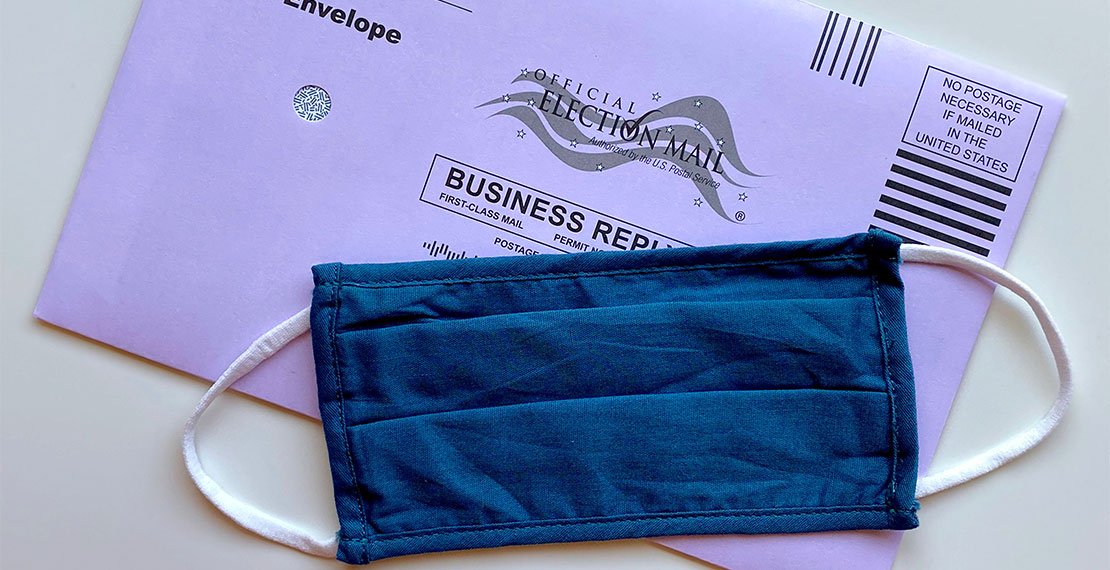The Financial Times released its annual Innovative Lawyers Report, shortlisting Selendy & Gay for the top prize in "Social Justice and the Rule of Law."
FT recognized the firm's efforts in leading a coalition of groups that filed a lawsuit urging a federal court to change New York State’s flawed absentee ballot verification requirements in time for the 2020 general election.
New York has consistently had one of the highest absentee ballot rejection rates in the country. In the 2018 general election, state election officials discarded more than 34,000 absentee ballots — or about 14% of all absentee ballots cast. This is, in part, because the state does not notify voters and give them an opportunity to respond when their ballots are in danger of not being counted.
How states verify the validity of absentee ballots varies dramatically. Some check personal information against voter registration records, while others require signatures to be verified. Ballots can be rejected for trivial reasons such as extraneous marks on the envelope. In New York state, ballots were often rejected for being completed, quite legally, in pencil rather than ink.
Speaking with FT, Joshua Margolin, who partnered with Campaign Legal Center (CLC) to bring the lawsuit on behalf of the League of Women Voters and an individual plaintiff, explained, “There were a lot of subjective reasons why ballots were being discarded. If something is wrong with their ballot, voters should be told and have an opportunity to fix that.”
Margolin and CLC's recommendations formed the basis of new guidelines for election officials. “Elections boards used to think that if everything wasn’t 100 per cent by the book, they should throw out the ballot,” said Danielle Lang, co-director of voting rights and redistricting at CLC. “We explained that they should err on the side of the voter — on the side of including ballots that are cast by eligible voters.”
Less than three months after the suit was filed, a settlement was reached with the New York State Board of Elections and Office of the New York Attorney General under which voters would be given five to seven days (depending on the date of receipt of the ballot) to verify their identity and fix any problems with their ballot after being notified by the Board of Elections. Voters could resolve any issues raised by the Board by providing their name, date of birth, and voter registration address and returning their notice form to affirm their identity.
The Board of Elections has said that because of the pandemic, about 2.5 million citizens across New York state requested an absentee ballot in 2020 — about five times the number for the midterm elections in 2018.
Read the full story in FT.
The Selendy & Gay team handling this matter included Margolin, Faith Gay, Jordan Weatherwax, Shelby Rokito, and Katie Renzler.



